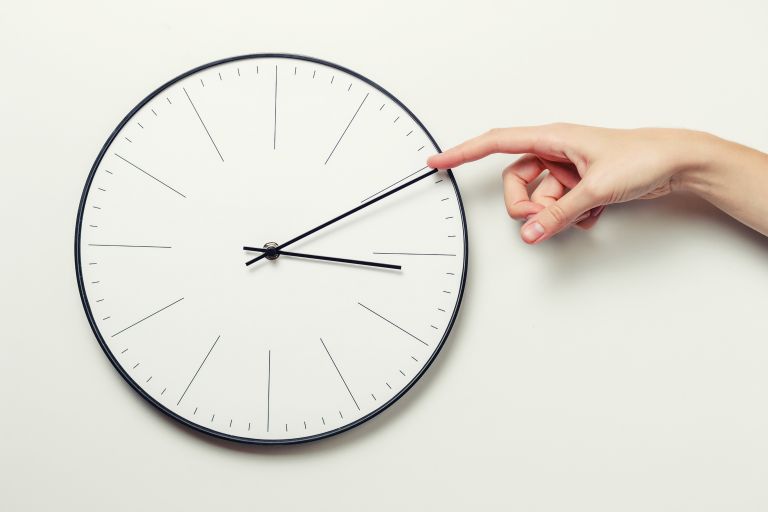The opportunity with a delayed copyright transposition

7 June 2021 is the last day to implement the directive on Copyright in the Digital Single Market into national law, but few EU Member States will meet the deadline. EU countries have the opportunity to carefully, while still urgently, implement the directive and present a recovery plan to actively support the creative and cultural sector. In return, the sector will be able to nurture European’s wellbeing and recovery.
The fact that EU countries have been – and still are – busy with tackling the COVID-19 health crisis and its social and economic impact, might excuse the delayed implementation of the Copyright directive. It would be reassuring if they would use this additional time for thorough and focused discussion to get the legal text right, than rushing a hastily draft through the transposition process. In parallel, by the 30 April, the EU Member States are expected to get back to the European Commission with their recovery and resilience plans, describing their investments and reforms to be able to access the EU money.
Join us on 2 June to hear from the legal experts that know best how to implement “fair and proportionate remuneration” for audiovisual authors, Article 18 of the Copyright directive.
The event is a third in SAA’s series: the first, on The new Copyright legislation: Making the most for next generation authors was held in November last year. The second one, in March, was dedicated to Collective management: A safety net for authors and performers, together with the performers organisation AEPO-ARTIS.
So far, we have learned:
The COVID-19 crisis has made screenwriters and directors’ work more difficult, they therefore need their royalties now more than ever, to continue to develop their projects and make a living. Remuneration allows authors to reinvest their success into new creative works that benefits the industry as a whole. Julie Bertuccelli (France) told us about how the pandemic stopped the production of her film and that she now might end up never being able to see the end of her many years of work. Urša Menart (Slovenia) conveyed that young authors like herself ask themselves if it is a sustainable profession if they cannot provide for their families as there are no commercial work available and no film shoots for now.
The Copyright directive’s Article 18 recognises that audiovisual authors are the rightsholders at the source of creation. Authors’ work intervenes at a very early stage in the production process, this is why they are in a weak position to negotiate their rights with producers: the value of their rights is not yet known, only the market will tell. Article 18 recognises the specific position of authors (among the rightsholders) and their right to fair remuneration not only when creating but also in association with the economic life of their works, when being exploited on different media, explained Cécile Despringre, Executive Director of the SAA.
Ensuring authors fair remuneration is not rocket science, remuneration mechanisms had proved their worth. Already in 1966, the Spanish law on cinematography stated that film exhibitors had to remunerate the authors. The Intellectual Property law in 1987 introduced a general remuneration right for the authors for the public communication of their audiovisual works. By 1990, the law was amended to ensure that the royalties were being channelled through collective management organisations. Today, the Spanish Copyright law also includes a remuneration mechanism for the exploitation of authors’ works online. This is a system that works and that we are proud of, said Adriana Moscoso del Prado, representing the Spanish Ministry of Culture.
It works when made statutory/mandatory and collectively managed. Jochem Donker from Dutch CMO (LIRA) shared how they had to learn the hard way. Up until 2015, Dutch filmmakers were left without any share in the success of their film as the producers offered remuneration as a lump-sum payment (a "buy-out" contract). Cable retransmission was an exception, thanks to being subject to mandatory collective management due to the 1993 European directive. However, 10-years ago, due to a change in technology, the operators saw an opportunity to bypass the EU law. As a consequence, in 2012, they stopped their payments, and for some authors this meant a decrease of 25% of their annual income. Eight years later, after long legal proceedings, the operators finally had to pay the authors for their loss. In 2015, a new law introduced unwaivable statutory remuneration to be collectively managed.
Collective Management Organisations are best in place to collect, distribute and represent authors’ rights. SAA Patron, Jochen Greve, a screenwriter and member of the German CMO, explained: “Art is hard work, I need months and sometimes years to write. I go to bed with the story, and I wake up with it. I have no time to negotiate. CMOs take up the fight on my behalf, so I get paid for my work. They negotiate tariffs with the users, initiate lawsuits when they do not want to pay and lobby politicians to change the law to include new players.”
The European Parliament stands behind cultural creators. The Parliament introduced Article 18 for fair and proportionate remuneration, it was not the European Commission’s proposal. On the recovery strategy, Members of the Parliament asked for a 2% earmark for culture in the national recovery and resilience plans, and adopted a strong resolution for the cultural recovery of Europe in September. Its Cultural Creators Friendship Group listens to the stakeholders and work to give culture and the status of artists a new standing among EU politicians. The Friendship Group delivered a video message to our first event, urging Member States to effectively implement Article 18, and actively supported our second event with the participation of MEPs Alexis Georgoulis, Niklas Nienaß and Hannes Heide.
Our next event will address how to put these learnings into practice, and we hope to see you there!
